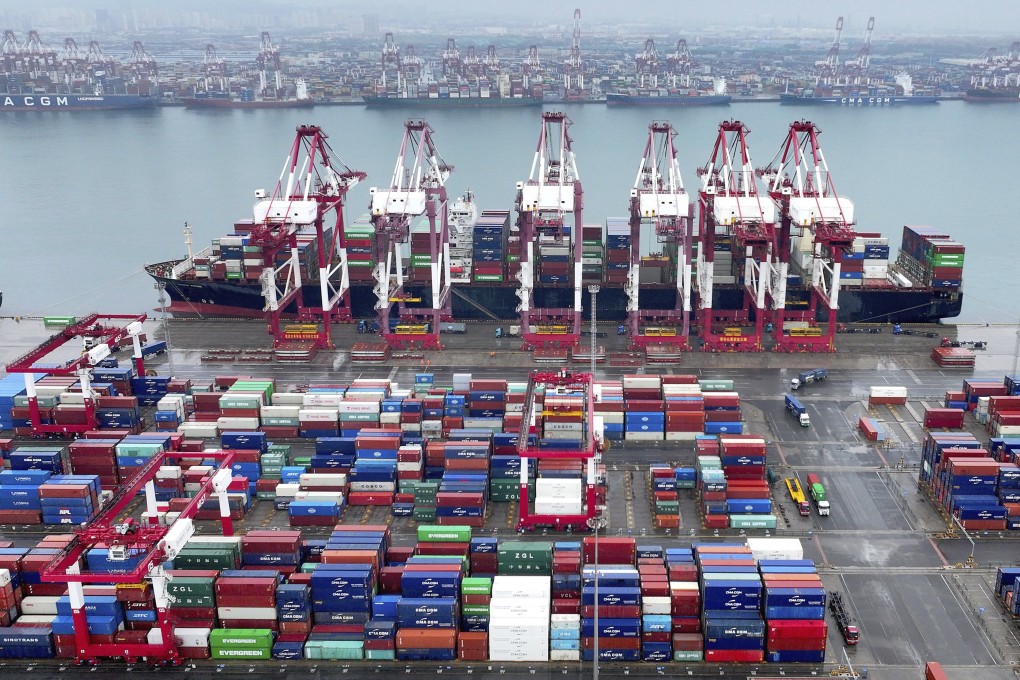Advertisement
Inside Out | China is not posing an existential threat to global trade – America is
- In particular, Trump’s exotic plan to replace income tax with universal export tariffs threatens catastrophe
Reading Time:4 minutes
Why you can trust SCMP
4

In March 2018, US president Donald Trump slapped tariffs on steel and aluminium imports, declaring: “Trade wars are good, and easy to win.” Six years on, the US economy leans precariously towards Smoot-Hawley protection, not under Trump but under President Joe Biden. And as Trump looms Godzilla-like in search of a second presidential term, those crass thoughts on trade are as wrong as ever – but few in the United States seem to care.
Advertisement
It seems that while trade wars and protectionism are bad, they are also politically irresistible, in the US at least. Promises of tax cuts at home, and success in justifying protectionism as an essential part of the battle to contain a demonised China, have diverted voters’ gaze.
Mercifully, and in part because many other countries recognise the powerful contribution that trade has made to growth and prosperity over the past seven decades, mounting US protectionism has so far produced more bark than bite.
And the three-year Covid-19 convulsion, coupled with major wars in Ukraine and Gaza, have been by far the most significant disrupters of international trade, deflecting attention from America’s more hare-brained trade priorities.
Still, there has been a worrying impact. Most clearly, as shown in the work of Global Trade Alert, an independent trade policy monitoring service, the past five years have seen a powerful surge in harmful protectionist measures.
Advertisement
From an average of fewer than 1,000 trade-related measures a year in the decade up to 2019, this surged to a peak of over 2,500 last year – with over two-thirds of these harmfully disrupting trade, and a large proportion emanating from Washington. These have lifted average tariffs, raised trade transaction costs along supply chains, added trade-distorting subsidies and sought import substitution.

Advertisement
